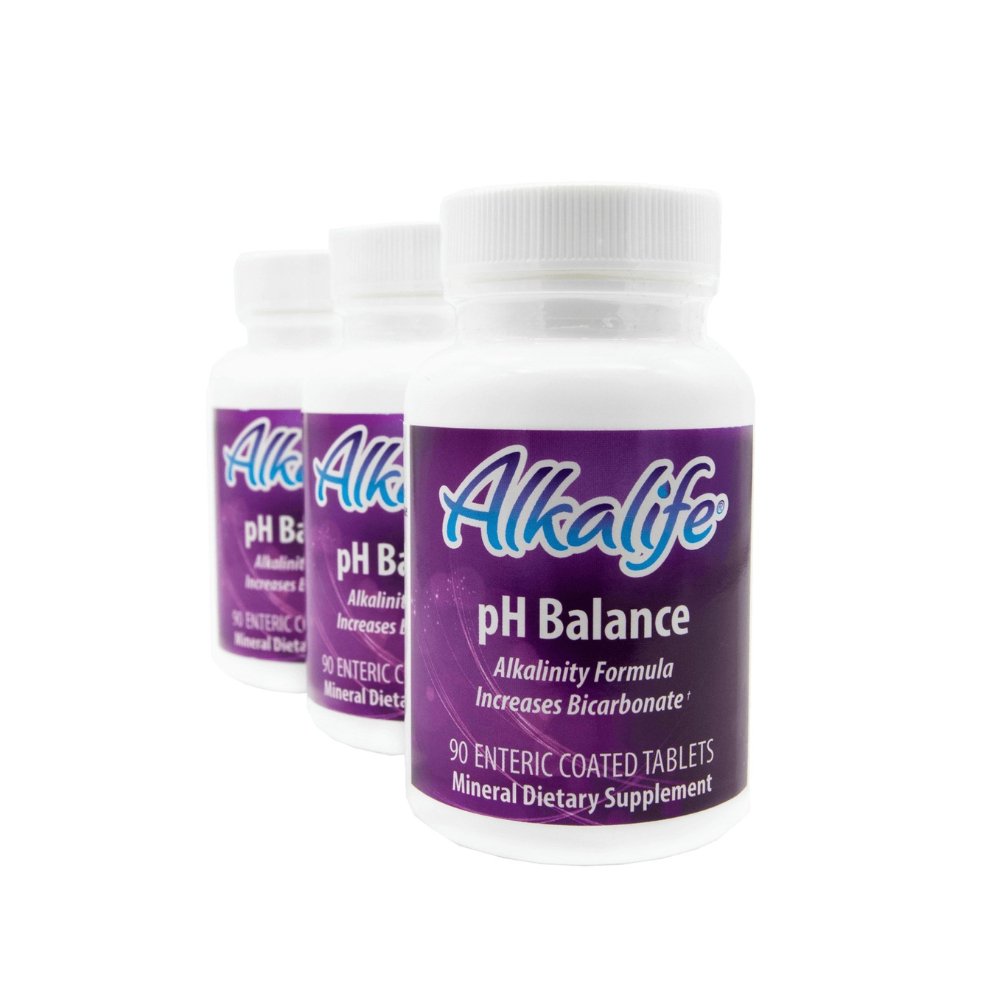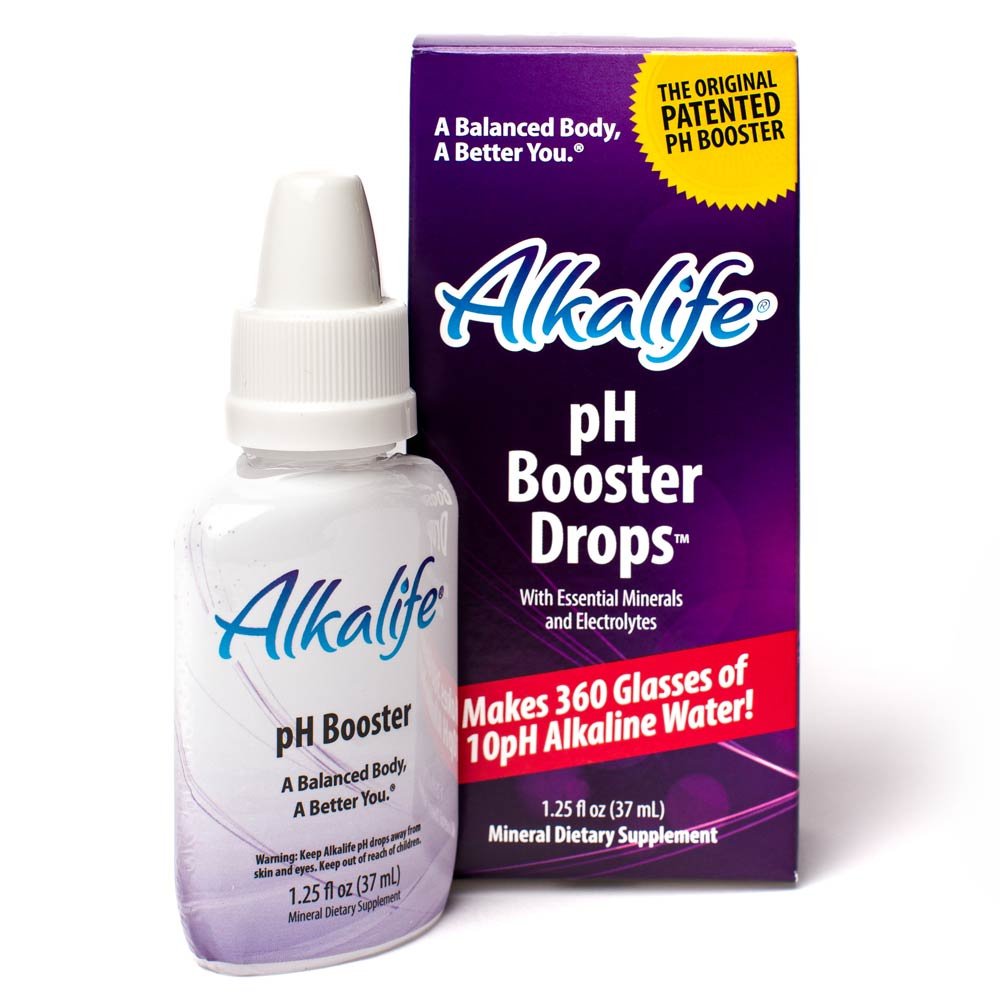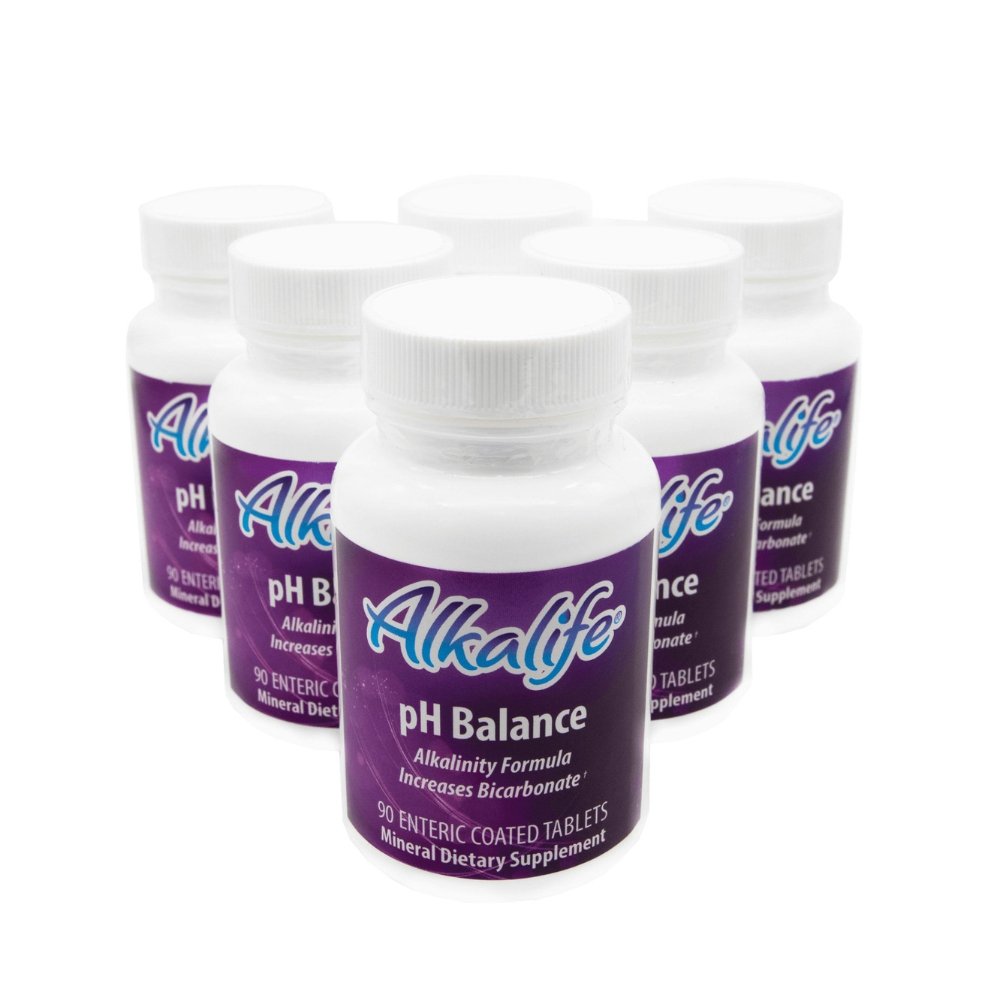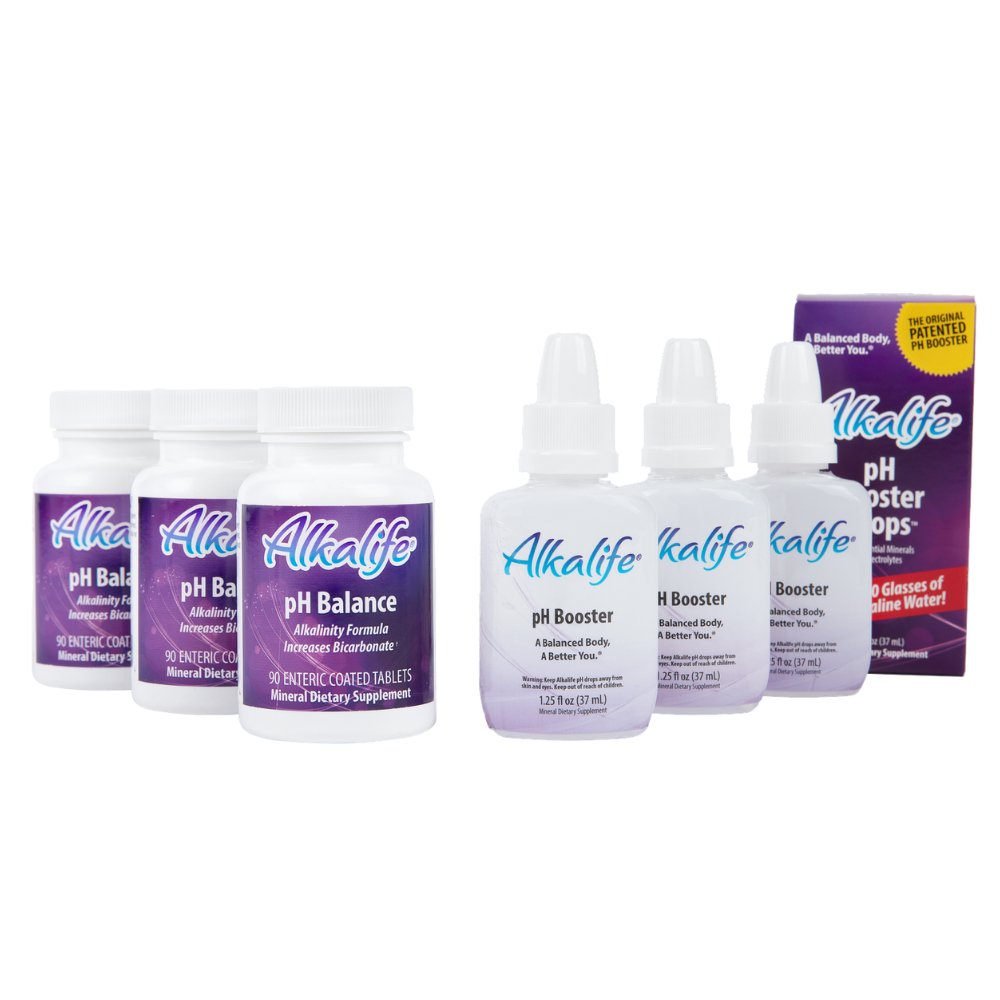Free US Shipping $49+ | 60 Day Money Back Guarantee
Free US Shipping $49+ | 60 Day Money Back Guarantee
Fitness for Your Organs: Exercises That Support Heart, Liver, and Brain Health
May 22, 2025 6 min read

Guest Author: Laura Watson
Maintaining the health of your heart, liver, and brain is crucial for overall well-being. Each of these organs plays a vital role in your body's functionality. The heart is responsible for pumping blood throughout your body, the liver detoxifies and processes nutrients, and the brain controls your thoughts, emotions, and movements. When these organs perform optimally, you experience better health and longevity.
Neglecting the health of these critical organs can lead to a range of health issues. Cardiovascular diseases, diabetes, liver disorders, and cognitive impairments can significantly impact your quality of life. Therefore, it's essential to adopt lifestyle habits that support their health. Regular exercise, a balanced diet, and routine health check-ups are key components in maintaining these vital organs.
Developing an understanding of how your lifestyle choices affect your heart, liver, and brain can empower you to make informed decisions. By prioritizing their health, you can prevent diseases and enjoy a higher quality of life. In the following sections, we will explore how exercise can benefit these essential organs and provide you with practical strategies to incorporate into your daily routine.
The Connection between Exercise and Organ Health

Exercise and body transformation is a powerful tool for enhancing the health of your vital organs. Regular physical activity benefits the heart by improving circulation, lowering blood pressure, and reducing the risk of heart disease. Exercise also supports liver health by promoting efficient metabolism and aiding in the detoxification process.
For your brain, physical activity stimulates the production of neurochemicals that enhance mood and cognitive function. Engaging in regular exercise has been shown to delay the onset of neurodegenerative diseases like Alzheimer's. The connection between exercise and organ health is well-documented, and incorporating physical activity into your routine can significantly improve your overall well-being.
Understanding how different types of exercise affect each organ can help you tailor your fitness regimen. Aerobic exercises such as running and swimming and taking multivitamins are excellent for cardiovascular health, while strength training and flexibility exercises can support liver and brain function. By diversifying your exercise routine, you can ensure that every organ receives the care it needs.
Essential Exercises for a Strong Heart

A strong heart is essential for maintaining good health and preventing cardiovascular diseases. Aerobic exercises, also known as cardiovascular exercises, are particularly effective for strengthening the heart. These activities increase your heart rate, improve oxygen circulation, and enhance overall cardiovascular endurance.
Key Aerobic Exercises:
• Walking or Jogging: Engaging in brisk walking or jogging for at least 30 minutes a day can significantly boost heart health, especially when paired with supportive nutrition supplements to enhance overall wellness.
• Cycling: Whether stationary or outdoor, cycling is a low-impact exercise that enhances heart function and reduces stress.
• Swimming: This full-body workout is excellent for improving cardiovascular endurance without putting pressure on your joints.
Consistency is key when it comes to heart health. Aim to incorporate aerobic exercises into your routine at least three to five times a week. Gradually increase the intensity and duration as your fitness level improves. Adding a stamina booster to your regimen can help sustain energy levels and support longer, more effective workouts. By dedicating time to cardiovascular exercises, you can strengthen your heart and reduce the risk of heart-related illnesses.
Strengthening Your Liver through Physical Activity

The liver plays a crucial role in detoxification and metabolism. Regular physical activity can enhance liver function by improving blood flow and reducing fat accumulation. Exercises that target weight management and reduce visceral fat are particularly beneficial for liver health.
Effective Liver-Boosting Activities:
• Yoga: Certain yoga poses, such as twists and inversions, stimulate the liver and promote detoxification.
• Pilates: This form of exercise strengthens the core and improves posture, which can aid in liver function.
• High-Intensity Interval Training (HIIT): HIIT workouts help burn fat and improve insulin sensitivity, reducing the risk of liver-related disorders.
Incorporating these exercises into your routine can support liver health and prevent conditions such as fatty liver disease. It's important to combine physical activity with a balanced diet rich in antioxidants and nutrients to maximize liver function. By prioritizing liver health, you contribute to your body's overall detoxification process.
Brain-Boosting Exercises for Mental Clarity

Your brain thrives on physical activity, which enhances cognitive function and mental clarity. Exercise increases blood flow to the brain, promoting the growth of new neurons and improving memory and concentration. Incorporating brain-boosting exercises into your routine can sharpen your mental faculties and reduce the risk of cognitive decline.
Top Brain-Enhancing Activities:
• Dance: Dancing combines physical movement with mental coordination, improving brain function and memory.
• Tai Chi: This gentle martial art enhances balance and focus, promoting relaxation and mental clarity.
• Aerobics and Step Classes: These activities increase heart rate and stimulate the brain, boosting cognitive function.
Regularly engaging in these exercises can enhance mental acuity and promote a positive mood. Consider incorporating them into your routine at least two to three times a week. By doing so, you can enjoy the benefits of improved brain health and mental clarity.
Creating a Balanced Exercise Routine for Holistic Health
To support the health of your heart, liver, and brain, it's essential to create a balanced exercise routine. A well-rounded fitness plan should include a mix of aerobic, strength, and flexibility exercises. This approach ensures that each organ receives the attention it needs and promotes overall well-being.
Components of a Balanced Routine:
1. Cardiovascular Exercises: Engage in activities such as jogging, cycling, or swimming to enhance heart health.
2. Strength Training: Incorporate weightlifting or resistance exercises to support liver function and muscle growth.
3. Flexibility and Balance: Practice yoga or tai chi to improve flexibility, balance, and brain function.
By diversifying your exercise routine, you can address the needs of each organ and promote holistic health. Aim to exercise for at least 150 minutes per week, as recommended by health professionals, and gradually increase the intensity and duration as your fitness level improves.
Nutrition Tips to Complement Your Exercise Regimen

Nutrition plays a crucial role in supporting your exercise efforts and maintaining organ health. A balanced diet provides the necessary nutrients for optimal heart, liver, and brain function. Incorporating a variety of whole foods into your meals can enhance the benefits of your exercise routine.
Key Nutrition Tips:
• Heart Health: Consume foods rich in omega-3 fatty acids, such as fish, nuts, and seeds, to support cardiovascular health.
• Liver Support: Include plenty of fiber-rich foods, like fruits, vegetables, and whole grains, to aid in detoxification and liver function.
• Brain Function: Eat antioxidant-rich foods like berries, dark chocolate, and leafy greens to enhance cognitive health and memory.
Additionally, staying hydrated is essential for optimal organ function. Aim to drink at least eight glasses of water a day to support digestion, circulation, and brain activity. By combining a nutritious diet with regular exercise, you can empower your health and enhance the functionality of your vital organs.
The Role of Regular Health Check-ups in Maintaining Organ Health

Regular health check-ups are an integral part of preventive healthcare and maintaining organ health. These check-ups allow healthcare professionals to monitor the condition of your heart, liver, and brain, identifying potential issues before they become serious problems.
Benefits of Health Check-ups:
• Early Detection: Routine screenings can detect risk factors for heart disease, liver disorders, and cognitive impairments early on.
• Personalized Advice: Healthcare providers can offer personalized guidance on exercise and nutrition based on your health status.
• Monitoring Progress: Regular check-ups help track the effectiveness of your exercise and diet regimen, ensuring optimal organ health.
Schedule annual check-ups with your healthcare provider to stay informed about your health status. By doing so, you can make informed decisions and adjust your lifestyle to support the health of your heart, liver, and brain.
Overcoming Barriers to Regular Exercise

Despite the benefits of exercise, many people face barriers to maintaining a regular fitness routine. Common obstacles include lack of time, motivation, or resources. Identifying these barriers and finding solutions can help you stay committed to your health goals.
Strategies to Overcome Barriers:
• Time Management: Schedule workouts as you would other important appointments and prioritize them in your daily routine.
• Find Motivation: Set achievable goals and track your progress to stay motivated. Consider joining a fitness class or finding a workout buddy for accountability.
• Resourceful Solutions: Explore free or low-cost exercise options, such as online workouts, community classes, or outdoor activities.
By addressing these barriers, you can establish a consistent exercise routine that supports the health of your heart, liver, and brain. Remember, small steps can lead to significant improvements in your overall well-being.
Conclusion: Taking Charge of Your Health through Exercise
Taking charge of your health through exercise is a powerful way to enhance the function of your heart, liver, and brain. By understanding the importance of these organs and incorporating regular physical activity into your life, you can enjoy improved health and vitality.
Start by creating a balanced exercise routine that includes aerobic, strength, and flexibility exercises. Combine your fitness efforts with a nutritious diet and regular health check-ups to maximize the benefits. Overcome barriers by finding motivation and resources that work for you.
Also in News

Hydration and Mental Clarity: Does pH-Balanced Water Affect Focus
December 01, 2025 6 min read
Read More
From Sleep to Sweat: How Your Daily Hydration Impacts Overall Wellness
November 11, 2025 5 min read
Read More






